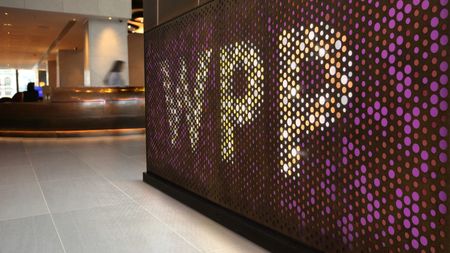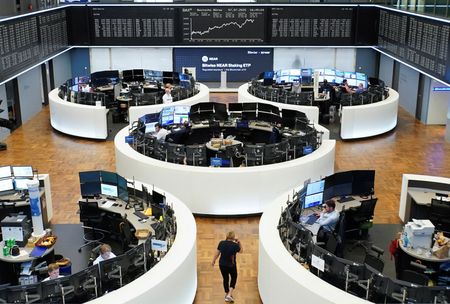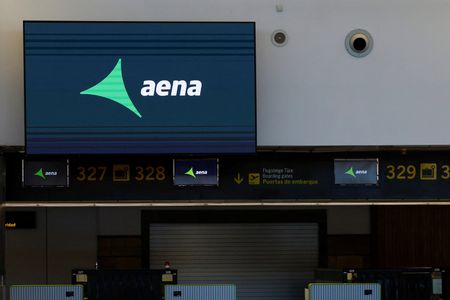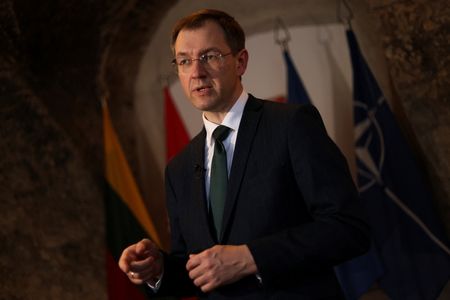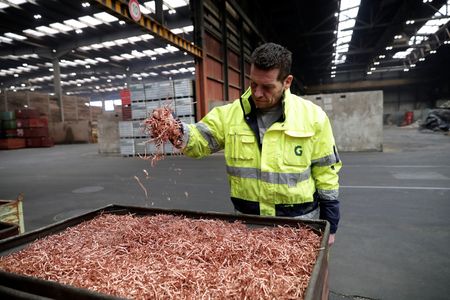By Arunima Kumar
(Reuters) -Serica Energy’s new CEO said on Tuesday that its oil and gas producing assets remain cash generative, despite what he called “unjustifiably punitive” British taxes.
Britain’s new Labour government said last month it would raise the Energy Profits Levy (EPL) imposed in 2022, by 3% to 38% from Nov.
1, bringing the headline rate of tax on oil and gas activities to 78%, among the highest in the world, in its effort to shift investment into carbon-free energy.
“Serica has spent over a billion pounds in the UK supply chain over the last five years, and similar expenditures will be lost going forward should the tax regime make future investment uneconomic,” said Serica Chief Executive Christopher Cox.
“We’ve not given up, on influencing the government on the outcome of budget,” added Cox, who became CEO in May.
Serica said that it would continue to be very active in screening cash-generative M&A opportunities at home and in the wider North Sea, as well as increasingly in other geographies.
“SQZ remains on track to generate more than $0.5 billion by 2027,” said Panmure Liberum analyst Ashley Kelty.
“Whether the conditions are right for that to be invested back into the UK Continental Shelf portfolio depends on the government, but otherwise it can be used to fund growth overseas or be returned to shareholders,” Kelty added.
Serica posted lower profit and production for the first half, sending its shares 4.5% lower to 111.8p at 0742 GMT.
Serica said it produced 43,700 barrels of oil equivalent per day (boepd) for the period, down from last year’s 49,350 boepd.
Due to an unplanned shutdown at its North Sea Triton hub, Serica said its full-year average production is expected to be at the bottom end of the previous 41,000-46,000 boepd range.
“We currently do not take full advantage of the well capacity we have and that will be a key focus for me in the coming months,” Cox added in a post-earnings call.
Serica posted profit after tax of $82.5 million, for the six months to June 30, down from $98.5 million a year earlier.
It said full-year, pre-tax capital expenditure is likely to be around $260 million, in line with expectations.
(Reporting by Arunima Kumar in Bengaluru; Editing by Rashmi Aich and Alexander Smith)


